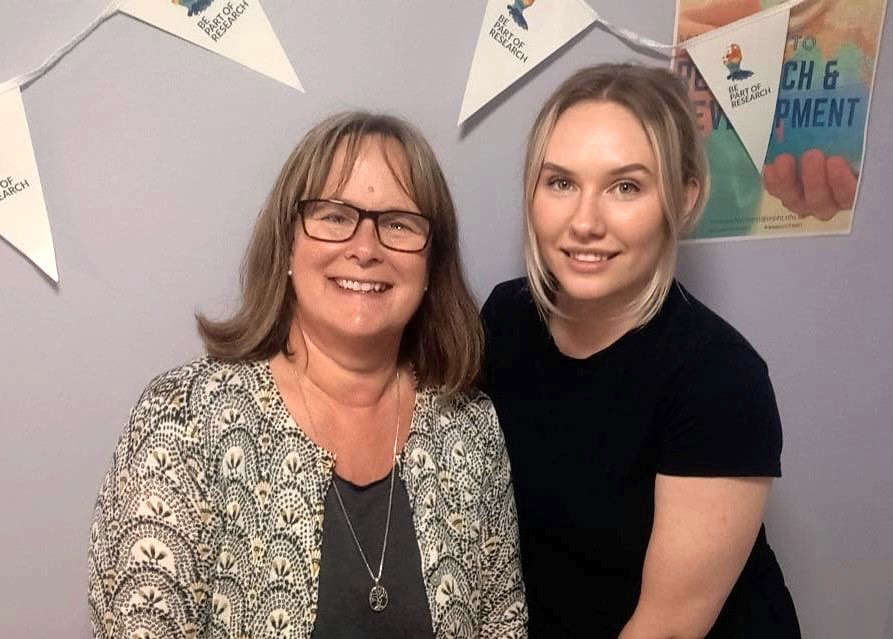
Local hospital bosses have shared details of pioneering research, as part of Breast Cancer Awareness month.
The campaign takes place throughout October and the University Hospitals of Morecambe Bay NHS Foundation Trust’s Research and Development Team is marking it by sharing details of the team’s involvement in pioneering research studies and how they can benefit patients.
Around 55,000 people are diagnosed with breast cancer each year and it is the most common type of cancer in the UK. Thankfully, there is a good chance of recovery from breast cancer, particularly if it is detected at an early stage.
UHMBT’s R&D Team is currently recruiting to 36 studies across the Royal Lancaster Infirmary (RLI), Westmorland General Hospital (WGH) in Kendal and Furness General Hospital (FGH) in Barrow.
These are a mix of commercial drug studies as well as academic research and hundreds of patients are involved, sometimes for as long as 10 years or more; 17 of the active studies are related to cancer, including six breast cancer studies.
Hilary Thatcher, a Senior Research Nurse and Oncology Research Team Lead for UHMBT, and Laura Durrans, a Research Practitioner for UHMBT, both say there are many benefits for breast cancer patients who choose to be involved in research studies.
Hilary, who has worked in the department for the last 12 years, said: “Research can help to improve patient outcomes, and our focus is always to improve their quality of life.
‘’Participation is always optional, but if a clinician feels that the patient is suitable and meets the eligibility, we will look to offer the patient the opportunity to take part, although they are free to opt out at any time. Every study follows a strict protocol which has been ethically approved''.
“A lot of studies look at patients’ quality of life and we ask all sorts of questions throughout their treatment. This is important because of the length of time it takes to go through the treatment.
‘’Patients often decide to get involved in research for altruistic reasons – they want to do something to help others. They hope that by participating in research studies they will be helping patients in the future.”

Laura, who has a master's in psychology and came into research via the National Institute for Health and Care Research (NIHR) Practitioner Pathway, said: “We get a lot of great feedback from our patients, and they like the extra level of care that we can provide.
‘’Research studies may involve extra tests and patients can find that reassuring. People tell us how they are feeling, and we build up close relationships.”
One of the research studies currently underway at UHMBT is an international study called OPTIMA for patients with ‘ER-positive HER-2' negative breast cancer. Patients with this type of cancer are often prescribed chemotherapy and hormone (endocrine) therapy to reduce the chances of the cancer returning, but some people might not benefit from having chemotherapy.
Hilary said: “The decision not to have chemotherapy can be an active choice as there are risks in having that type of treatment.
‘’There are many variables as to what treatment a person might be offered, and the OPTIMA study will help us to decide on the best ones to use.”
Another research study that has been underway at UHMBT for more than 10 years is called ‘FAST- Forward’. Patients who have been diagnosed with early breast cancer are usually prescribed radiotherapy after surgery as part of their curative treatment.
Research has shown that having radiotherapy after breast cancer surgery lowers the risk of the cancer coming back, however it may cause some short- and long-term side effects as well. This trial has huge implications for patients’ convenience and quality of life.”
The team is also undertaking a research study with Astra Zeneca to trial a new type of chemotherapy for triple negative breast cancer.
Hilary said: “I love my job, and I love working with these wonderful patients. As the lead for the team, I don’t see patients as often as Laura, but everything I do is aimed for them by selecting and setting up suitable trials that will be of benefit.
‘’Ultimately, I do it because I want to help improve patient care.”
Anyone who is interested in finding out more about participating in research can click on this link and register to Be Part of Research at www.nihr.ac.uk
UHMBT advises women to check regularly for any changes and to see their GP promptly if they are concerned. Men can also be diagnosed with breast cancer, but this is much less common.
The Trust also encourages people to attend their local screening appointments between the ages of 50 – 70 years.



 Morecambe Winter Gardens to open to public for new season
Morecambe Winter Gardens to open to public for new season
 Cash for repairs to Lancaster Port gate announced in £6.5m flood defence package
Cash for repairs to Lancaster Port gate announced in £6.5m flood defence package
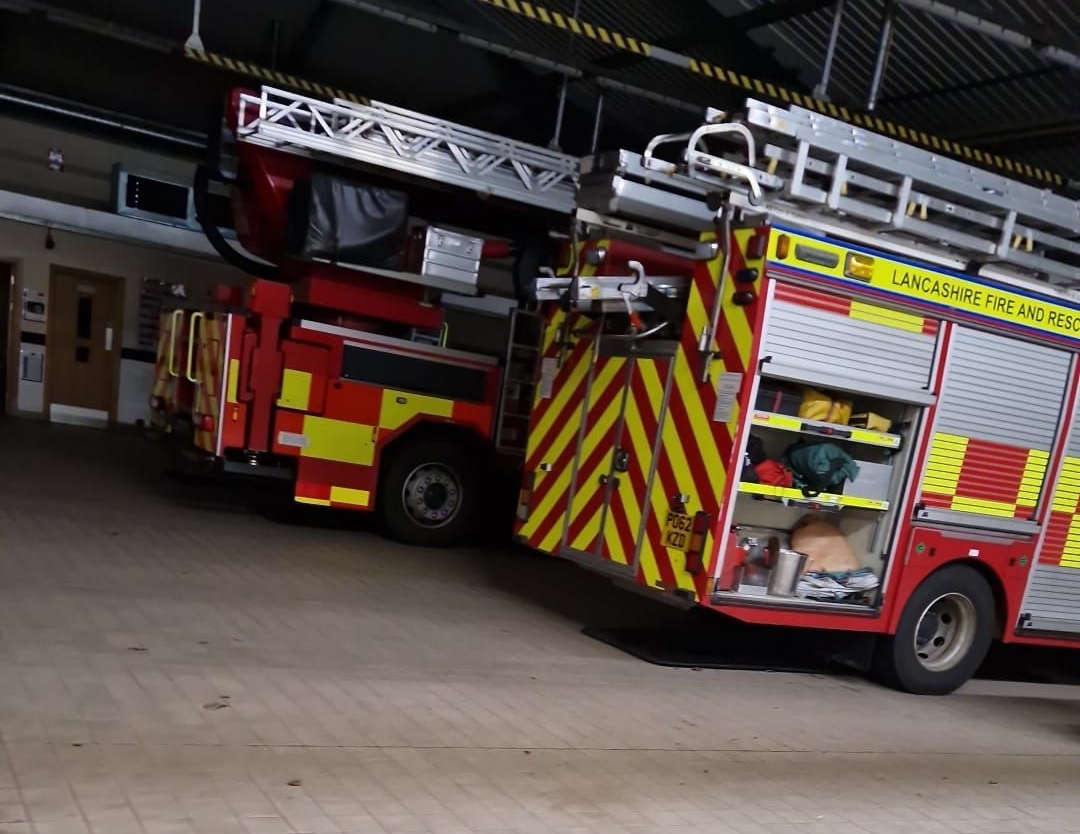 Carnforth fire crews issues safety advice after tackling blazes in the open
Carnforth fire crews issues safety advice after tackling blazes in the open
 EXCLUSIVE: Battle of Britain Dakota display announced for Armed Forces Day in Morecambe
EXCLUSIVE: Battle of Britain Dakota display announced for Armed Forces Day in Morecambe
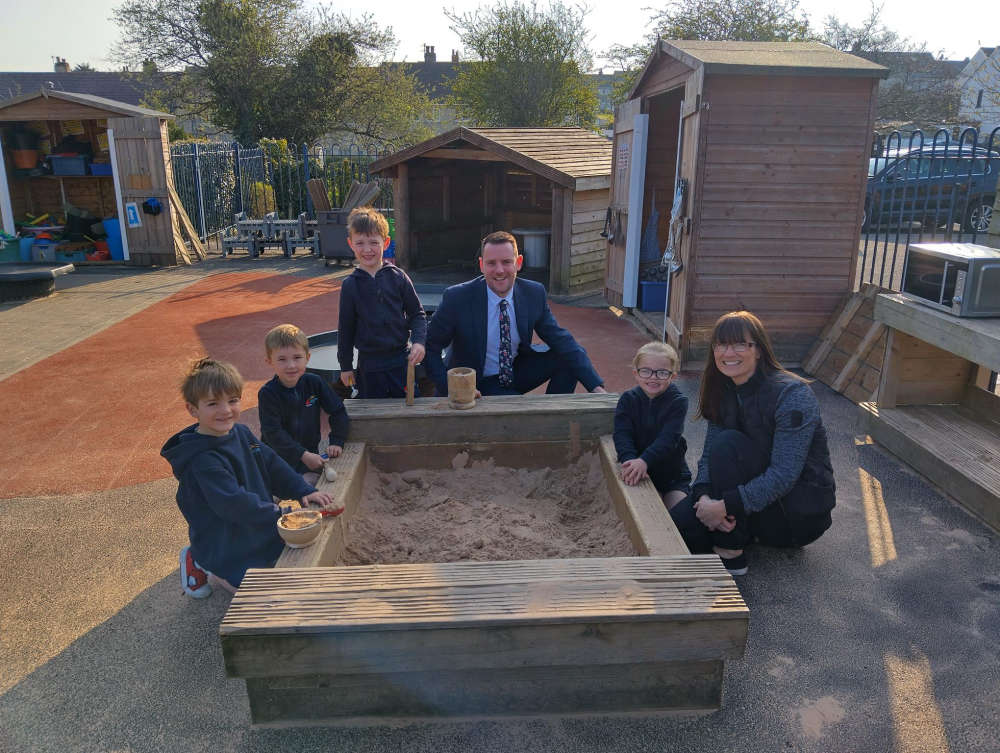 Heysham school to open new nursery after government cash boost
Heysham school to open new nursery after government cash boost
 Local election candidates announced
Local election candidates announced
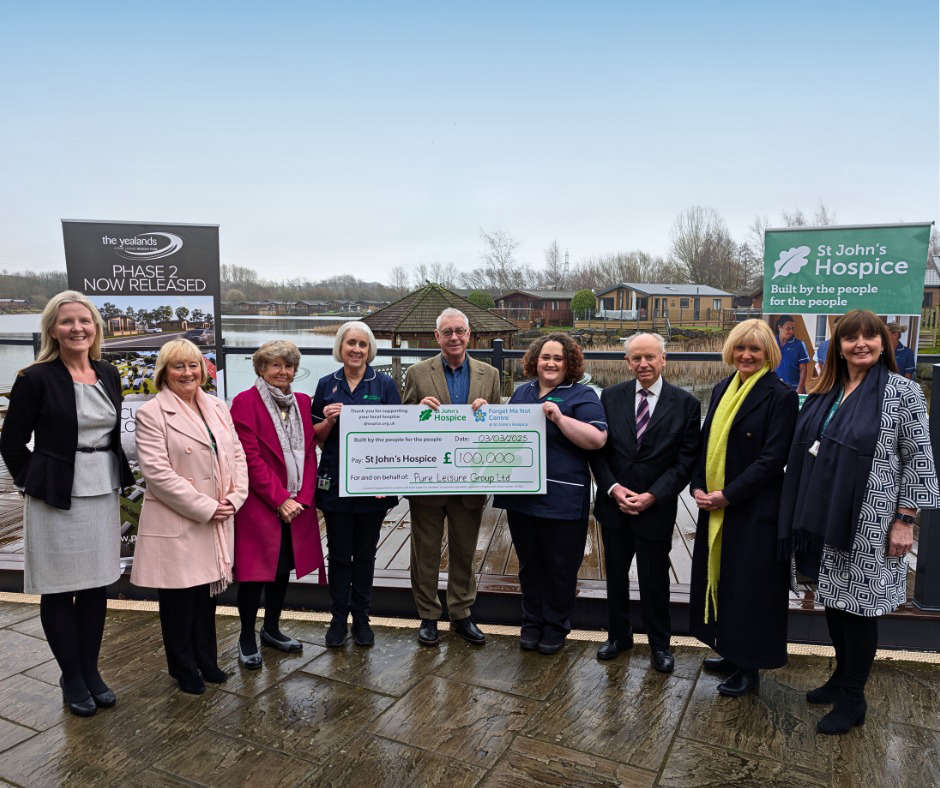 Holiday park empire donates £100K to Lancaster hospice
Holiday park empire donates £100K to Lancaster hospice
 Lancaster and Morecambe events will 'Spring into Action' over food
Lancaster and Morecambe events will 'Spring into Action' over food
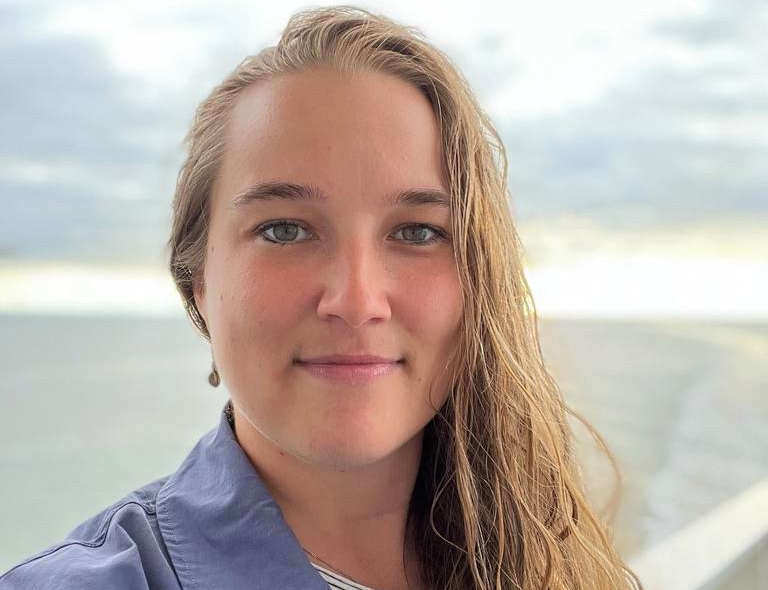 Lancaster City Council shortlisted for four local government awards
Lancaster City Council shortlisted for four local government awards
 Man pleads guilty to Heysham murder
Man pleads guilty to Heysham murder
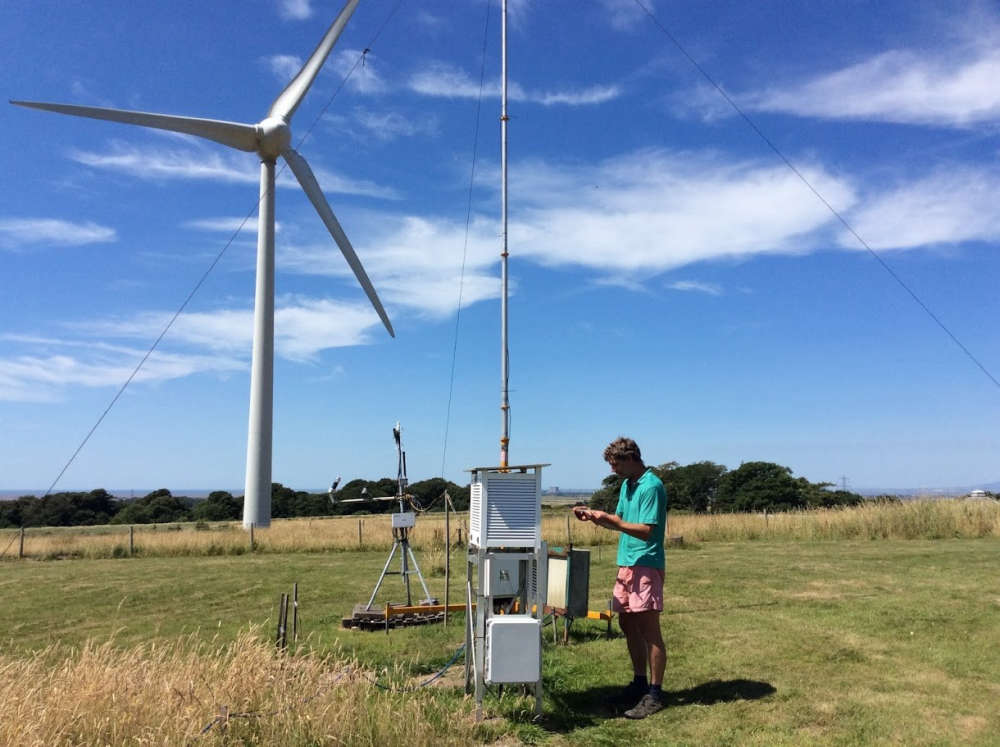 Driest March in Lancaster since records began
Driest March in Lancaster since records began
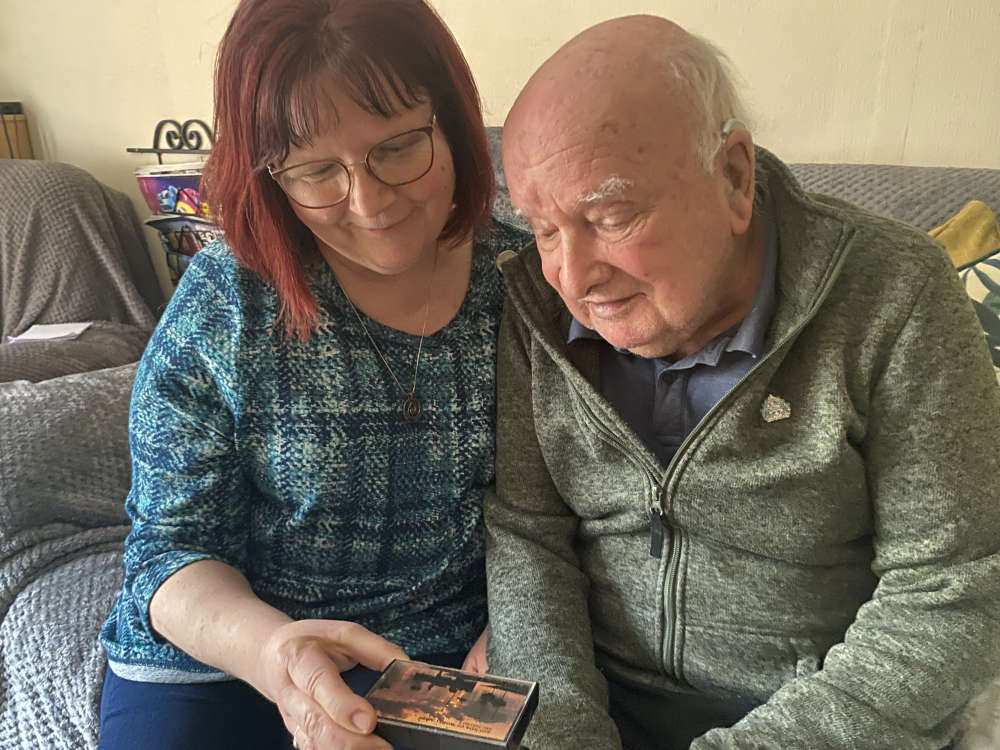 Pioneering Morecambe 'podcast' from 1980s unearthed after 44 years
Pioneering Morecambe 'podcast' from 1980s unearthed after 44 years
 Lorry driver from Morecambe arrested after positive roadside drug test
Lorry driver from Morecambe arrested after positive roadside drug test
 Hundreds raised after vandalism to Lancaster hospice shop
Hundreds raised after vandalism to Lancaster hospice shop
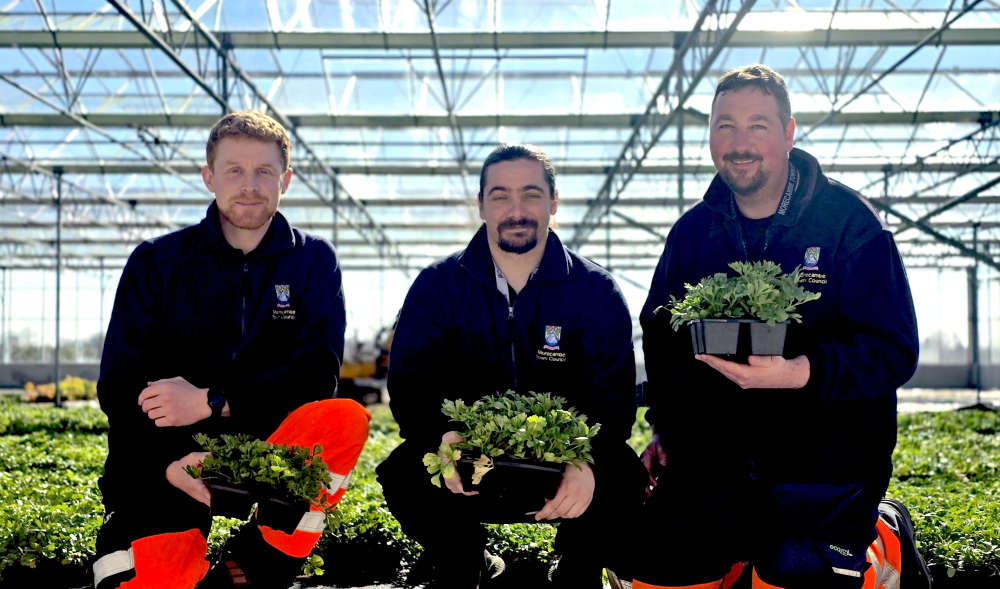 Plans under way to bring spring flowerbed planting back to Morecambe
Plans under way to bring spring flowerbed planting back to Morecambe
 New cycle and pedestrian friendly crossing completed in Morecambe
New cycle and pedestrian friendly crossing completed in Morecambe
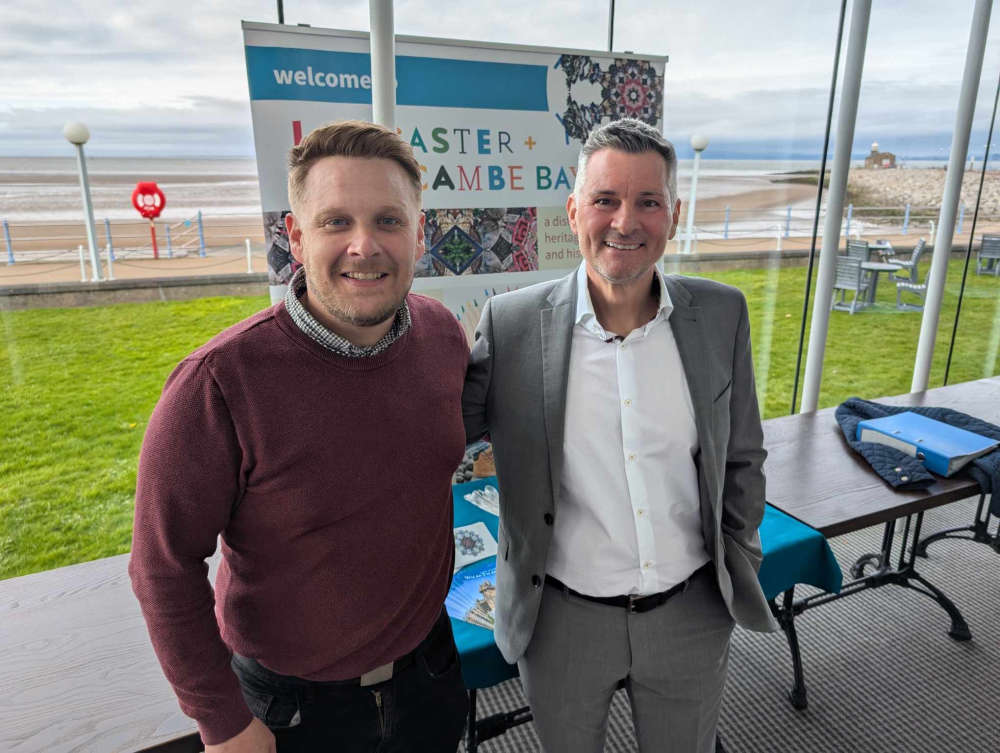 INTERVIEWS: Morecambe Bay visitor guide launched with high hopes for tourist season
INTERVIEWS: Morecambe Bay visitor guide launched with high hopes for tourist season
 Council looking at ways to fund £1m refurb of village hall in Carnforth
Council looking at ways to fund £1m refurb of village hall in Carnforth
 Pan-disability game at Morecambe FC will raise awareness of autism
Pan-disability game at Morecambe FC will raise awareness of autism
 Morecambe lifeboat crew respond to reports of ‘flashing lights and red flares’
Morecambe lifeboat crew respond to reports of ‘flashing lights and red flares’



